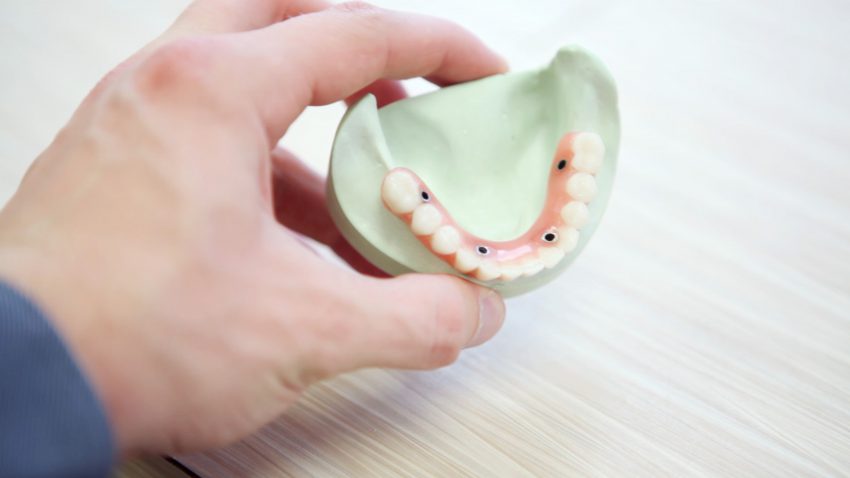It doesn’t matter who you are, dental procedures can affect you and make you feel uneasy. You’re not alone either as many people feel the same after undergoing one. You worry not just about the procedure itself but the potential for side effects.
While most people recover well after a dental procedure, there are the lingering worrying sensations. Here are some oral issues that patients tend to face after dental procedures.
Numb Tongue
Numbness in the tongue is common after a dental procedure. A typical anaesthetic can cause numbness around the mouth for approximately four hours, while the effects of a stronger anaesthetic can last between eight and nine hours.
Losing sensation in your tongue after the anaesthetic wears off is incredibly rare but that doesn’t mean it can’t happen. Your tongue might go numb after you’ve had a wisdom tooth extracted as the teeth sit very close to the nerve that runs to the tongue. The extraction process can traumatise the nerve and cause a lingering numb sensation.
Numbness may also persist if the anaesthetic needle accidentally touches the nerve that connects the tongue to the mouth. The solution can also cause inflammation to the mouth’s nerves and leave a lingering numbness in the tongue. Again, this scenario is very rare.
If your tongue still feels numb the day after a dental procedure after six months, call your dentist and arrange for an appointment. Anti-inflammation medication can be prescribed to reduce the swelling in the mouth. Medication, however, cannot speed up the regeneration of the nerve endings. It will usually resolve itself in due time without treatment.
Burning and Tingling Sensations
Patients have occasionally reported feeling a burning or tingling sensation in their mouths after dental procedures. These may be symptoms of nerve damage or irritation. They can also be symptoms of the mouth and its nerves healing itself after receiving dental treatment.
Your mouth will usually feel normal again within a couple of weeks. As with tongue numbness, anti-inflammatory medications may help to provide some relief.
Nausea
Some patients may feel nauseous after a dental procedure. Nausea is commonly caused by anxiety. So, if you’re nervous about your procedure, nausea can linger even after it’s done. You may also feel nauseous if you sit up too quickly after your procedure as the blood rushes from your head. No matter the cause, the feelings of nausea should pass quickly.
Pain and Sensitivity
If you experience some pain and sensitivity after a dental procedure, don’t worry, it’s normal. These unpleasant sensations may be exacerbated with exposure to hot or cold foods and drinks or simply biting down. Also, the deeper the procedure, the closer it is to the nerve and the more likely the nerve will become inflamed.
The chemicals used for dental procedures can also cause inflammation. Thankfully, the inflammation and the pain associated with it usually subsides within two weeks. However, if your bite feels different after a couple of days, call your dentist for a follow-up appointment. He or she can make the necessary adjustments to improve your bite and reduce your pain.
Getting Your Mouth Back to Normal
If you’re concerned about the numbness in your tongue and other worrying sensations in your mouth, there are ways to help you ease things back to normal. For example, doing activities that get your heart pumping can increase circulation and help your body recover from the anaesthetic faster.
However, if you’re really concerned, feel free to contact your dentist or see a dental professional at Artius Dental Group for an appointment. They can give you a reversing agent for the anaesthetic. This will cause the blood vessels to dilate and counteract the epinephrine in the anaesthetic.
